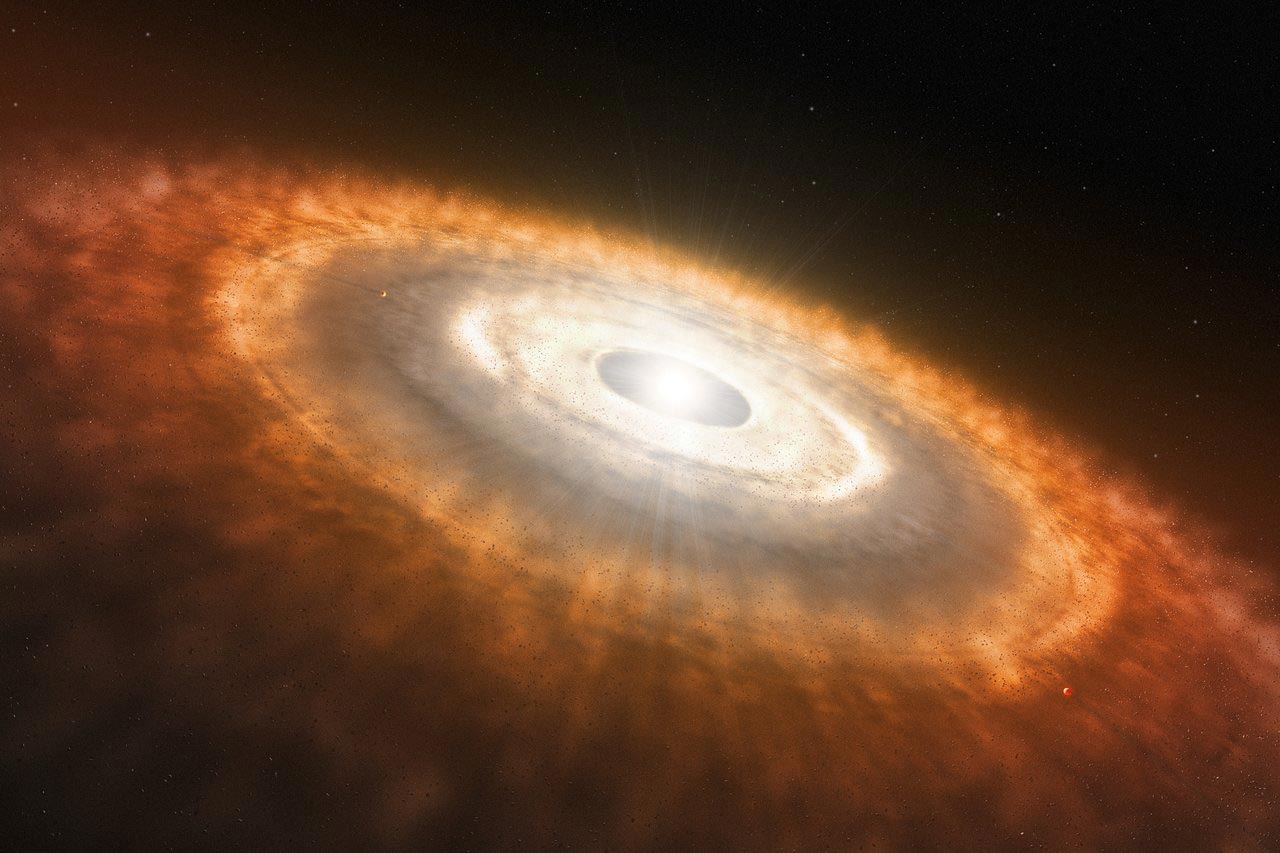A major planetary collision may have set the stage for life on Earth. According to a recent study from the Institut, the early Earth lacked the essential ingredients for life until it collided with another planet-sized body known as Theia. This transformative impact delivered crucial elements that made our planet habitable.
The Role of Theia in Earth’s Early Development
Scientists believe that after the Solar System formed, it took less than three million years for proto-Earth to acquire its life-enabling chemistry. Theia’s collision was not just a random event; it may have been a stroke of luck that enabled the perfect conditions for life to emerge. This finding highlights how cosmic events can dramatically shape the destiny of planets.

What This Means for Life Beyond Earth
Understanding Earth’s unique beginnings helps scientists in the search for extraterrestrial life. If life on our planet depended on such a rare collision, it suggests that similar events could be necessary for life elsewhere in the universe. This study reminds us just how special—and perhaps fragile—our planet’s history truly is.
Sources:
Source